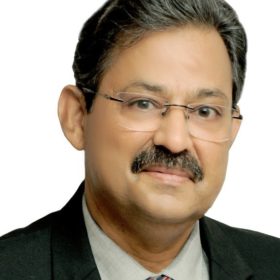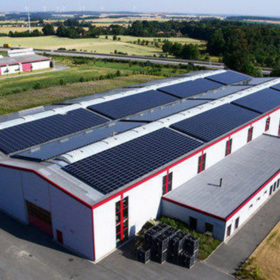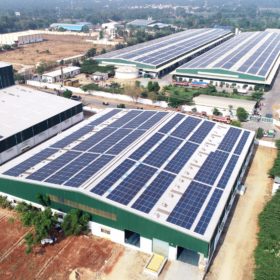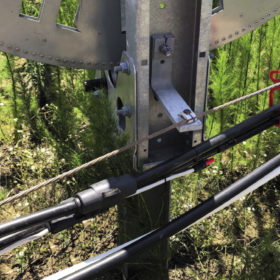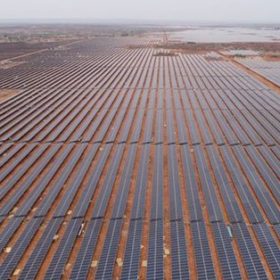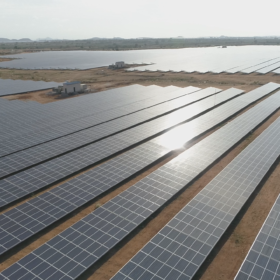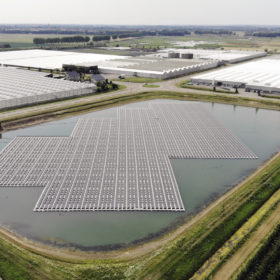Mitigating supply chain risks
Rajendra Khandalkar, group head of supply chain management at infrastructure EPC services company Sterling and Wilson, speaks to pv magazine about learning from the Covid-19 crisis and the importance of smart supplier management to bolster company resilience.
SunAlpha installs 12 MW rooftop solar for food processing
The EPC contractor aims to exceed 30 MW of installed solar for the food processing sector by the end of this fiscal, enabling the clients to save at least INR 30 crore per year.
Swedish truck maker develops solar cell-clad trailer
The 18-meter long solar cell-clad trailer is said to enable fuel savings of 5-10% in Sweden. Swedish thin-film manufacturer Midsummer is a partner on the project.
Odisha tenders for 10 MW of solar in Konark town
Developers have until November 10 to submit bids for the grid-connected, ground-mounted solar generation capacity. The project will be set up on a build-own-operate basis in Kalahandi district to meet the electricity needs of the town.
Self-assessment tool for renewable energy action
The Portal for Renewable Energy Action Assessment Metrics is an online rating system which enables businesses to self-assess their renewable energy consumption.
The long read: Ever cheaper PV brings pitfalls, new prospects
Large-scale solar has proven resilient in the face of the global Covid-19 pandemic and the associated economic downturn, with the U.S. marketplace exhibiting an acceleration in deployment, reports Shoals Technologies Group. And while solar’s competitiveness is driving market growth, there remain risks to “going cheap,” according to Shoals Technologies CEO Dean Solon and President Jason Whitaker.
65 MW grid-interactive solar EPC tendered in Uttar Pradesh
State-owned hydropower producer NHPC has invited domestic bids to set up a 65 MW grid-connect solar plant in district Jalaun. Bidding closes on November 18.
NHPC tenders 100 MW grid-connected solar in Rajasthan
Domestic bids are invited to develop a 100 MW ground-mounted solar project on a turnkey basis anywhere in the state. Land for the project is to be identified and arranged by the bidder. Bidding closes on October 17.
Novus Green lands 15 MW floating solar EPC work in Telangana
Telangana-based Novus Green has won two contracts from state-owned coal miner Singareni Collieries Company Limited, under which it will provide EPC services for two grid-interactive floating solar power plants with a combined capacity of 15 MW (AC).
India’s wind-solar hybrid capacity could grow 80 times in three years
A new report by the Institute for Energy Economics and Financial Analysis (Ieefa) and JMK Research estimates India to have about 11.6 GW of operational wind-solar hybrid capacity by 2023.
